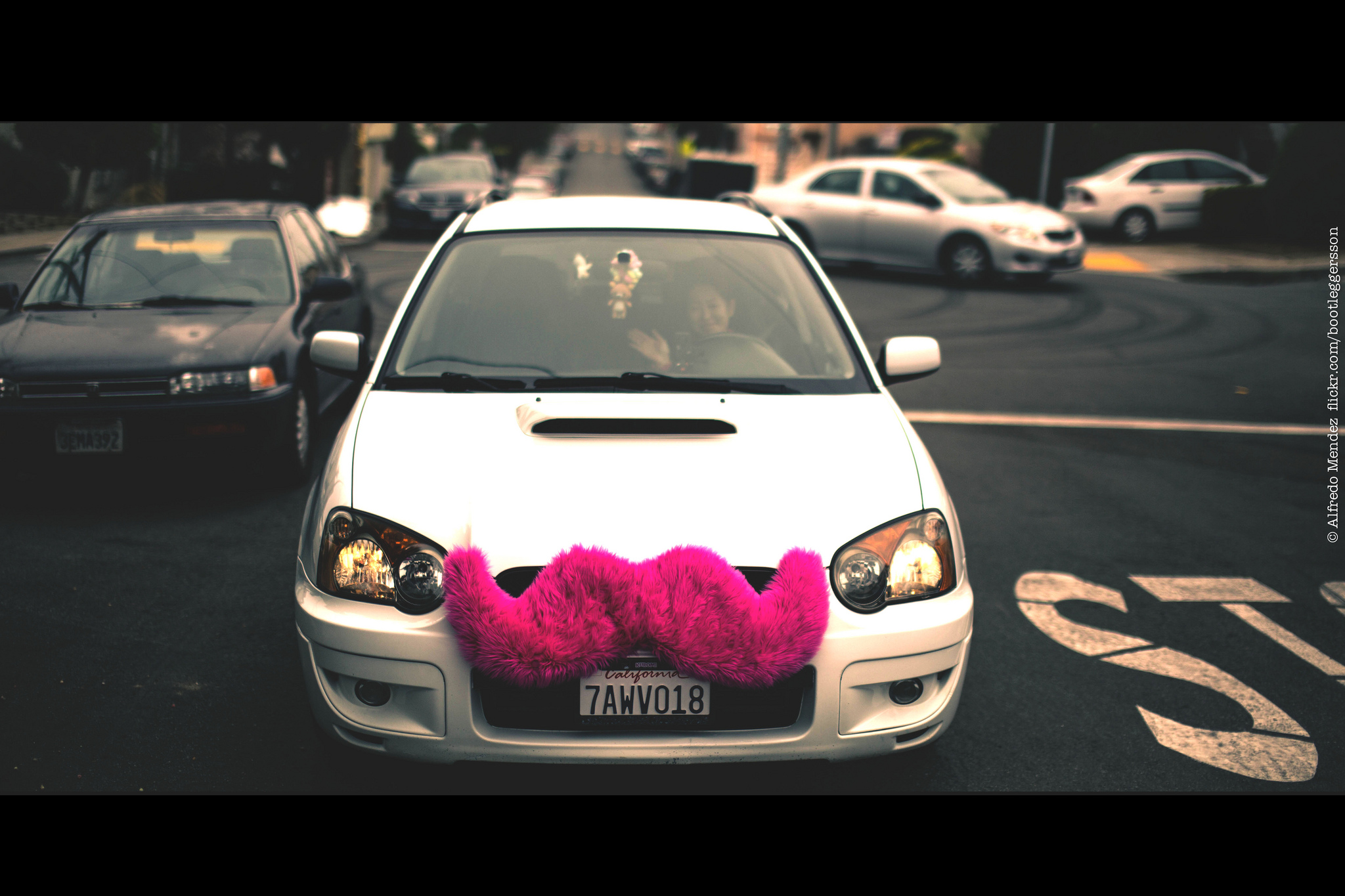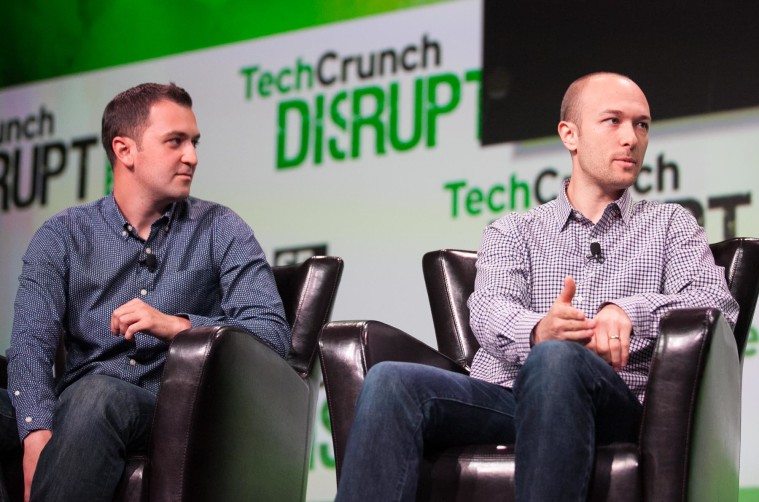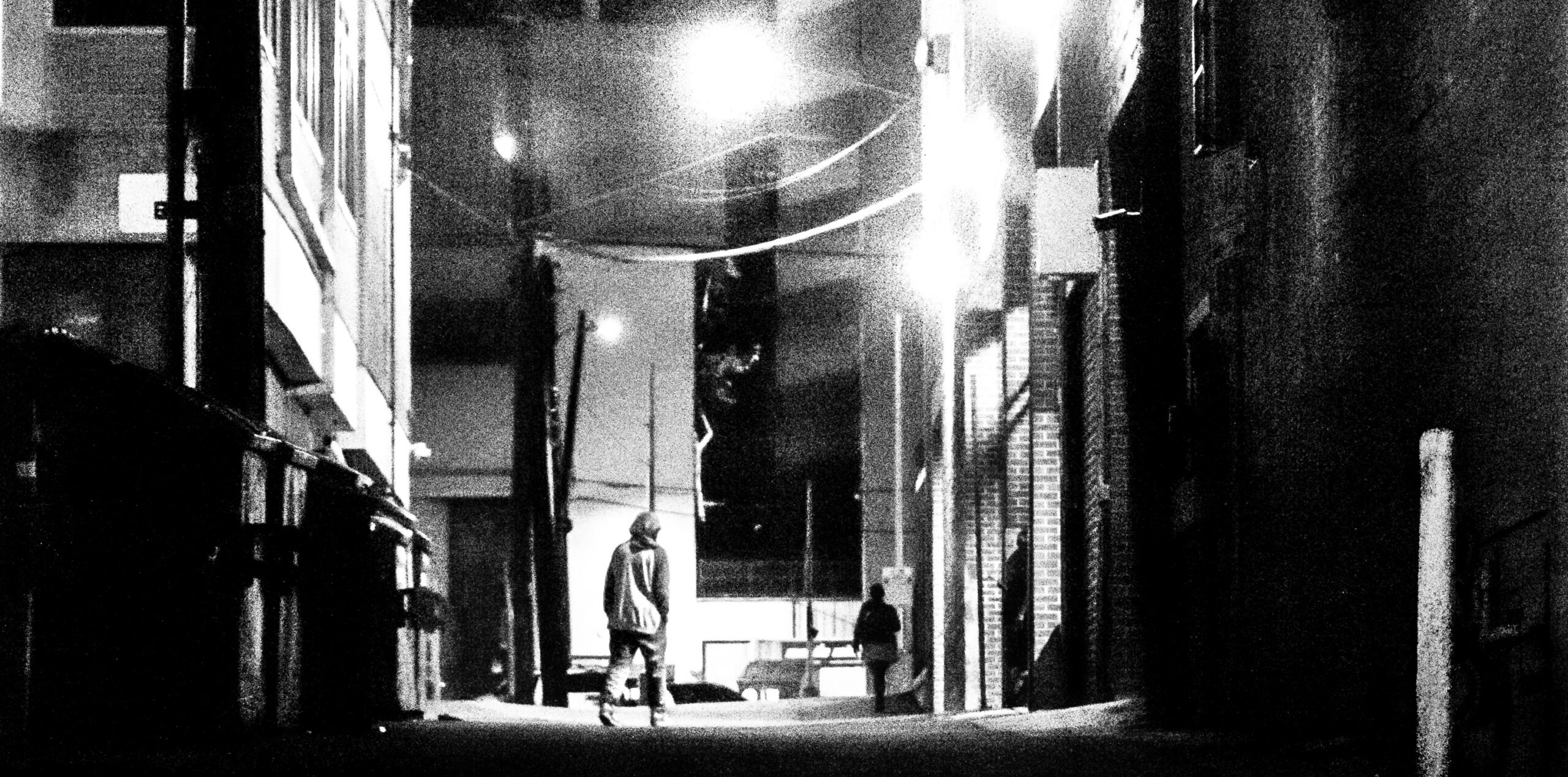
After Austin Rejection, Ridesharing Cruises to the Capitol
Prop 1, Austin’s tussle over ridesharing regulations, went down in gasoline-fueled flames on Saturday night, losing by 12 points. By Sunday, Texas’ Republican lawmakers, lobbyists and Twitter denizens were crying statist tyranny, denigrating the mean ol’ city of Austin for oppressing our benevolent ridesharing saviors.
Nevermind the fact that Uber and Lyft, the companies that dumped $8.6 million into the campaign against Prop 1, are responsible for the whole ordeal, badgering residents into signing a petition to put ridesharing regulations to Austin voters in the first place. Now that the two San Francisco-based tech corporations didn’t get what they want, they say they’re pulling out of town.

And that’s fine! Uber and Lyft definitely do not have to make gazillions of dollars off Austinites who need rides. Austin is the tech hub of the South; I feel sure the genius bro-brains who are moving to the city in droves can figure out a way to fund background checks and make a tidy profit. Hell, Uber and Lyft could have done it themselves if they hadn’t spent all their money — the most ever in local campaign history — on an elaborate face-plant.
I don’t know why all 49,000 or so Austinites who voted down Prop 1 did so, but I know why I voted against it: I don’t like corporations buying elections, and I don’t like the dirty and disingenuous tactics used by Ridesharing Works for Austin (hindsight makes this name something of a joy to write out) to harass and harangue voters with misinformation.
The sporting thing for Ridesharing Works for Austin, Uber and Lyft’s well-funded PAC, would have been to accept the will of the voters and continue offering the services that Austinites obviously appreciate. The kerfuffle here was an echo of what has already happened elsewhere, perhaps most notably in San Antonio, where the ridesharing companies threw a similar fit, stomping and thrashing until they got city government to give them what they want: basically, rules and regulations dictated entirely by the ridesharing companies themselves. Lyft has already abandoned Houston because the city wouldn’t play their strange, toddler-esque game of drones, and Uber says it’s about to follow suit.
This tactic generally seems to work, perhaps because the intervention these companies offer is indeed valuable, not to mention wildly convenient in places where hailing a cab is an expensive hassle and a half. Drunk driving is a terrible, and terribly common, practice. Uber and Lyft hold hostage the dubious promise of reducing this crime, in exchange for total, Borg-like compliance with their wishes. It does work in cities willing to negotiate on these particularly nasty terms.
But Austin was different. In Austin, Uber and Lyft wanted to put their demands to a vote, so they wrangled enough petition signatures for said vote, and they lost. But now that they’re pulling out — of their own volition — the cry is against regulation, against the despotic cruelty of local democracy.
And this brings us to dubious comparisons to Texas’ omnibus anti-abortion law, HB 2. Travis County Republican Party vice chair Matt Mackowiak compared Uber and Lyft pulling out of Austin to abortion clinics that “chose” to close after the state implemented HB 2:
So, just like abortion clinics that chose to shut down after #HB2. Right? https://t.co/jdLWNg5hYV
— Matt Mackowiak (@MattMackowiak) May 8, 2016
I saw variations on this intellectually dishonest theme from a variety of conservative corners, but consider the basic fiscal facts: Ridesharing Works spent $8.6 million on the election, spending $223.15 for each vote for Prop 1, whereas just paying for the background checks the city wanted would have cost $40 apiece. For $8.6 million, Uber and Lyft could’ve purchased 215,000 background checks.
Abortion facilities, on the other hand, would have had to spend around $3 million apiece, on the very lowest end of estimates, to comply with HB 2 by building, refitting or renting new abortion facilities as ambulatory surgical centers. It is disingenuous in the extreme to suggest that the 40 or so Texas abortion providers that were operating in the months before HB 2’s passage chose not to come up with that kind of money in order to comply with a law that, unlike Austin’s ordinance, was explicitly meant to put them out of business.
Austin didn’t want to put Uber and Lyft out of business. The city sought to create reasonable regulations with which the companies could easily comply, and that’s what happened. Uber and Lyft chose to spend a shocking amount of money gambling on non-compliance, and they lost. They obviously had the money to comply in the first place. To compare a couple of California corporations unabashedly championed by right-wing lawmakers to abortion providers who have been derided by the same bunch as murdered-baby profiteers ought to boggle even the most libertarian minds among us.
What if Uber and Lyft had won on Prop 1? Would right-wing lawmakers still be barreling into the 2017 legislative session intending to bring statewide deregulation to ridesharing? They do, after all, love to find solutions to non-problems. But I’m guessing not. Everyone would have celebrated the Prop 1 win as a victory for the free market and gone about their happily deregulated days. Instead, the state is going to spend valuable time and money creating a statewide “solution” to overriding, as it were, the thoroughly democratic doings of a city that only took this issue to a vote because ridesharing companies forced it.
And, of course, Austin’s an easy target. A liberal enclave where the elected officials, like all their Democratic colleagues, hold little sway over the priorities at the Capitol. Would state Senator Charles Schwertner be leading the charge on statewide ridesharing deregulation if his own constituents in, say, College Station, had similarly voted down a Prop 1-style city ordinance? Or would that be an example of the power of the people?
Does democracy matter less when the outcome is not palatable to Texas’ right-wing leadership? To the Texas GOP, the answer seems to be yes. When Houston voters, worked into a bigoted froth by patently false, transphobic and misogynistic claims about “men in women’s bathrooms,” rejected a nondiscrimination ordinance, it was hailed as a victory for democracy.
But after Denton voters — including many conservatives — voted to enable the city to regulate fracking, the will of the people became the scourge of the Lege. Lawmakers then worked themselves into similarly high dudgeon, smacking down those so-called greenie Dentonites who’d been foolish enough to make their own attempt at championing that paragon of conservative politics: local control.
This kind of meddling runs contrary to the ostensible live-and-let-live philosophy of conservatism. Austin’s regulations dictate nothing to Houston, Dallas, Galveston or anywhere else. So what if Austin voters want regulated ridesharing in their city, as they demonstrably do? What business is it of the Texas Legislature? Charles Schwertner’s district includes a tiny sliver of Austin in Williamson County, but already his right-leaning colleagues are railing against Austin’s democratically determined ordinance.
Mightn’t some of Dallas state Representative Matt Rinaldi’s constituents rather see their guy back legislation that helps them directly, rather than spend his time — and their money — brow-beating that load of ignorant, freedom-hating liberals down the road? Let us destroy ourselves! I, for one, welcome the opportunity. I don’t need to be saved from myself — especially not by the likes of a Texas tea party all too willing to bow and scrape to big business.
[Featured image: Alfredo Mendez/Lyft/Flickr/Creative Commons]


